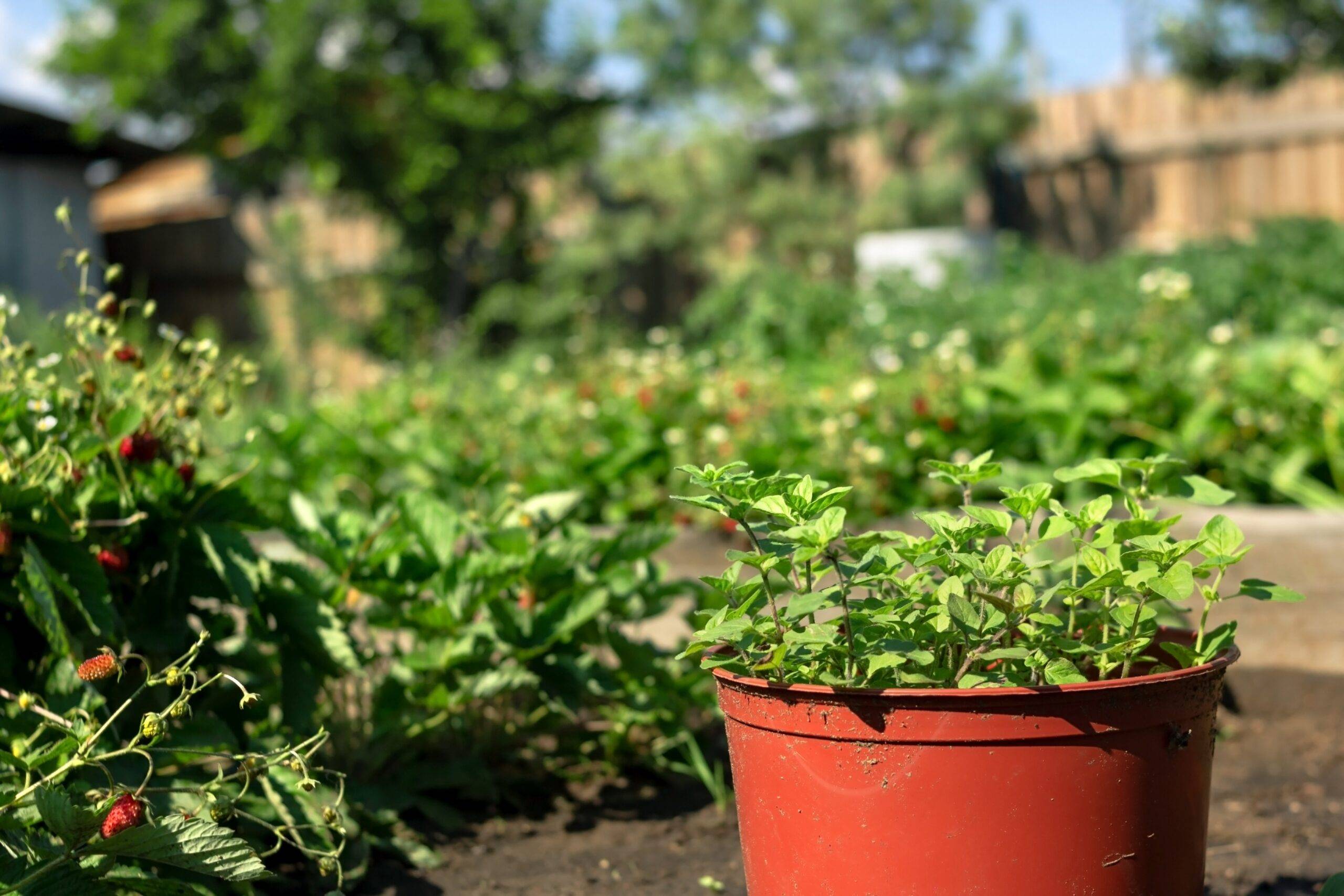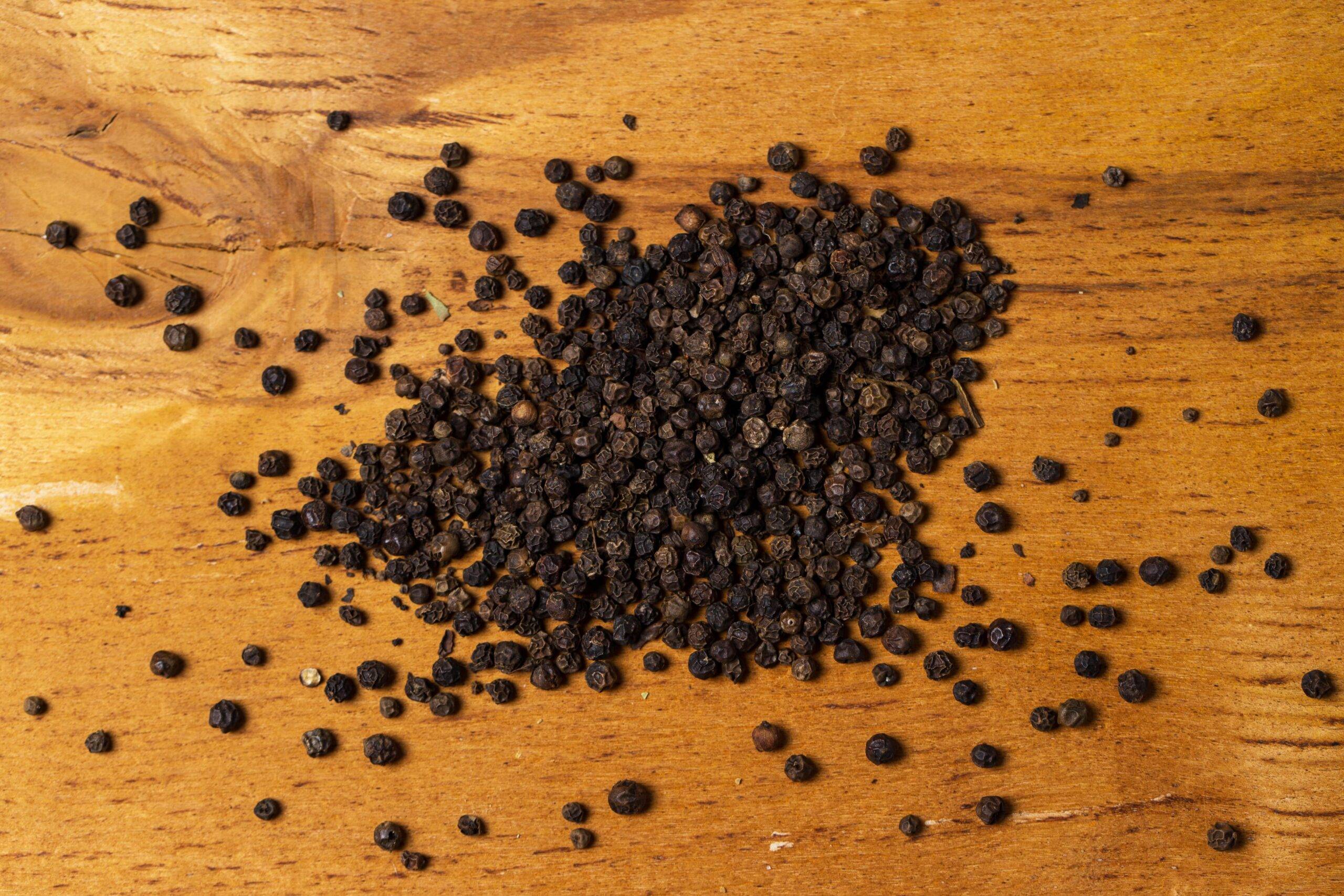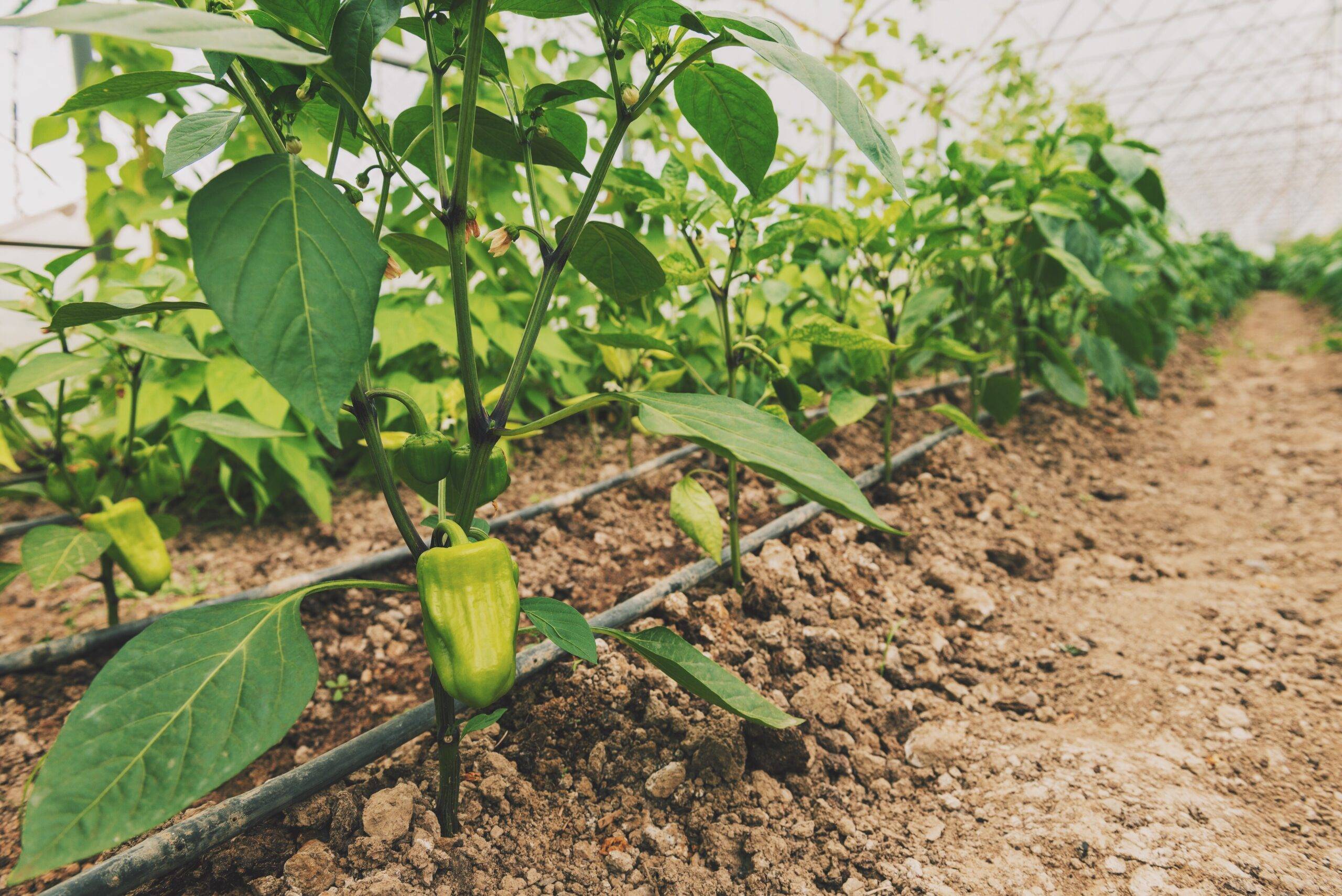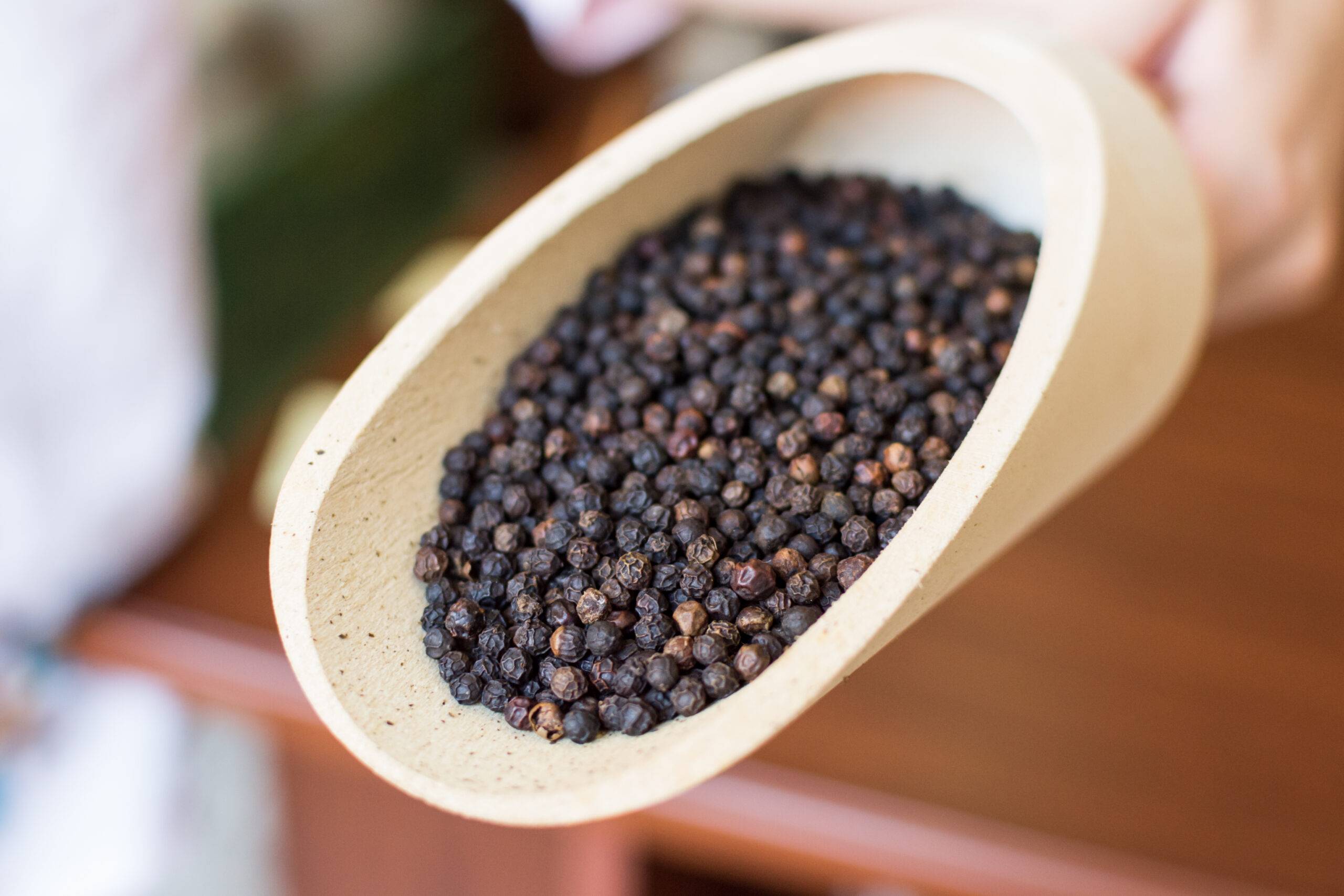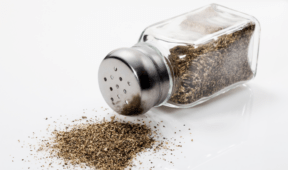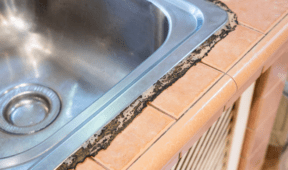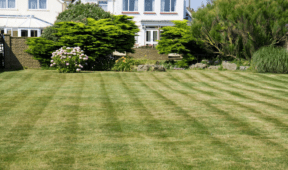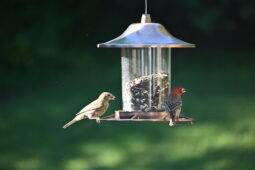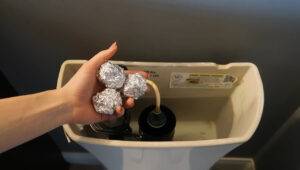How Black Pepper Can Help Keep Pests Out Of Your Garden
Keeping pests out of your garden is a never-ending battle, but did you know that black pepper, a common spice, can actually act as a natural pest repellent when used the right way? It’s easy to apply, safe for plants, and surprisingly effective against a range of common garden intruders. Here’s how it works and how you can put it to use.
Why Pests Dislike Black Pepper
Black pepper contains piperine, a compound that gives it its sharp bite and strong scent. While this is often pleasant in food, many pests find it irritating, as it disrupts their ability to smell or sense nearby plants. This effect means it’s useful in discouraging ants, aphids, beetles, and even some larger animals that are sensitive to strong smells.
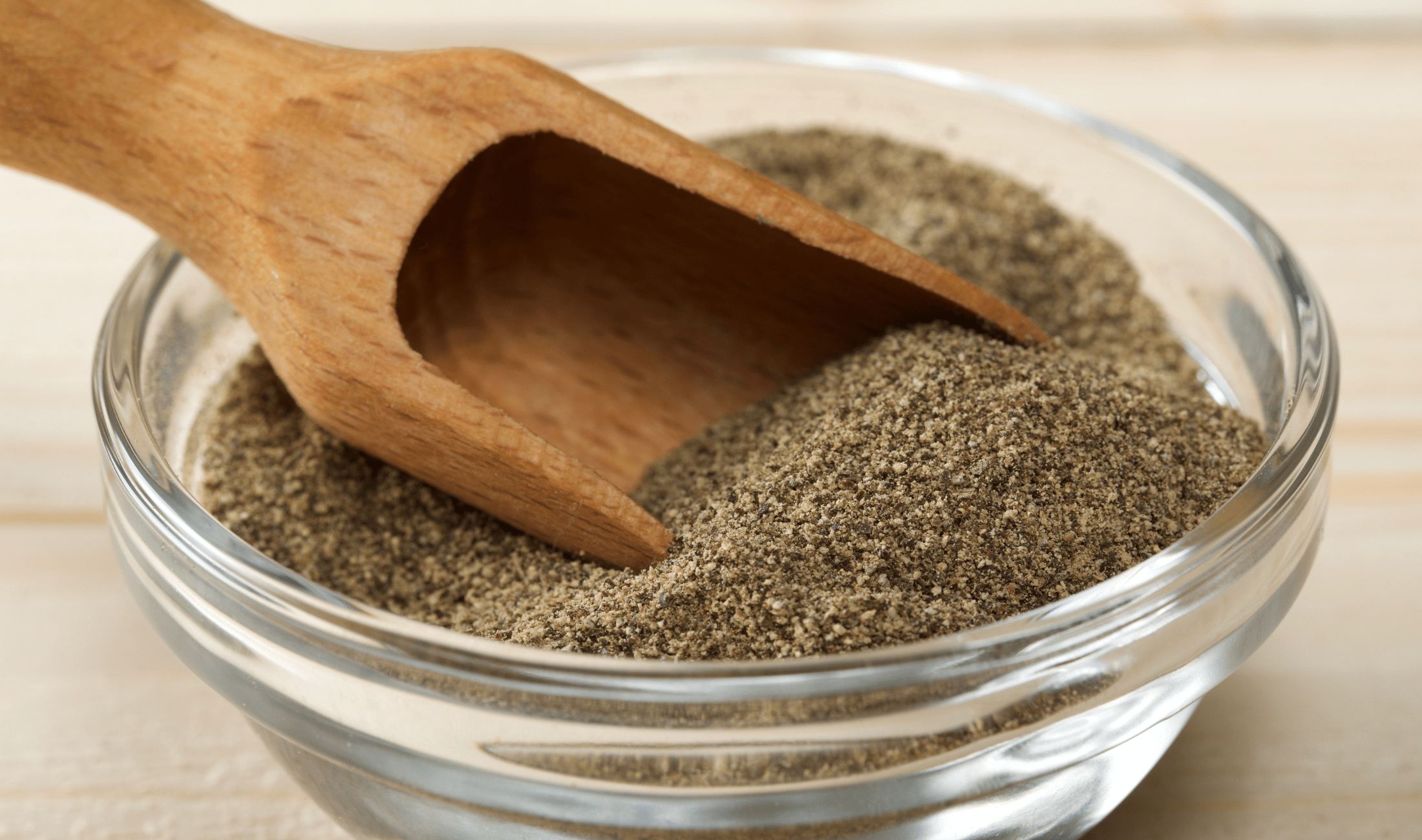
Using Black Pepper Powder Around Plants
Sprinkling ground black pepper directly around your plants can create a mild yet effective barrier. Focus on the base of vegetable stems, near leafy greens, or along garden bed borders. You may need to reapply after rain or watering, though, since it can wash away. Start with a light layer, then adjust based on how well it seems to reduce pest presence in that area. It won’t harm your soil, and plants won’t absorb it, so layer as much as you need!
Mixing a Pepper Spray
You can also make a simple spray by mixing a teaspoon of black pepper with warm water and a few drops of dish soap. Shake it well, then spray it on leaves and stems where pests are active. This is helpful for repelling aphids and spider mites especially. Avoid spraying in the heat of the day to prevent any plant stress, and reapply every few days or after rain for best results.
Combining Black Pepper with Other Ingredients
For an even stronger effect, black pepper can be combined with other household ingredients like cinnamon, garlic powder, or chili powder. These combinations enhance the scent and increase the chances of driving pests away. Use this blend as a border treatment or mix into a spray. Just be careful not to overdo it near delicate plants, as some mixtures can be too strong and might affect leaf health if applied too heavily.
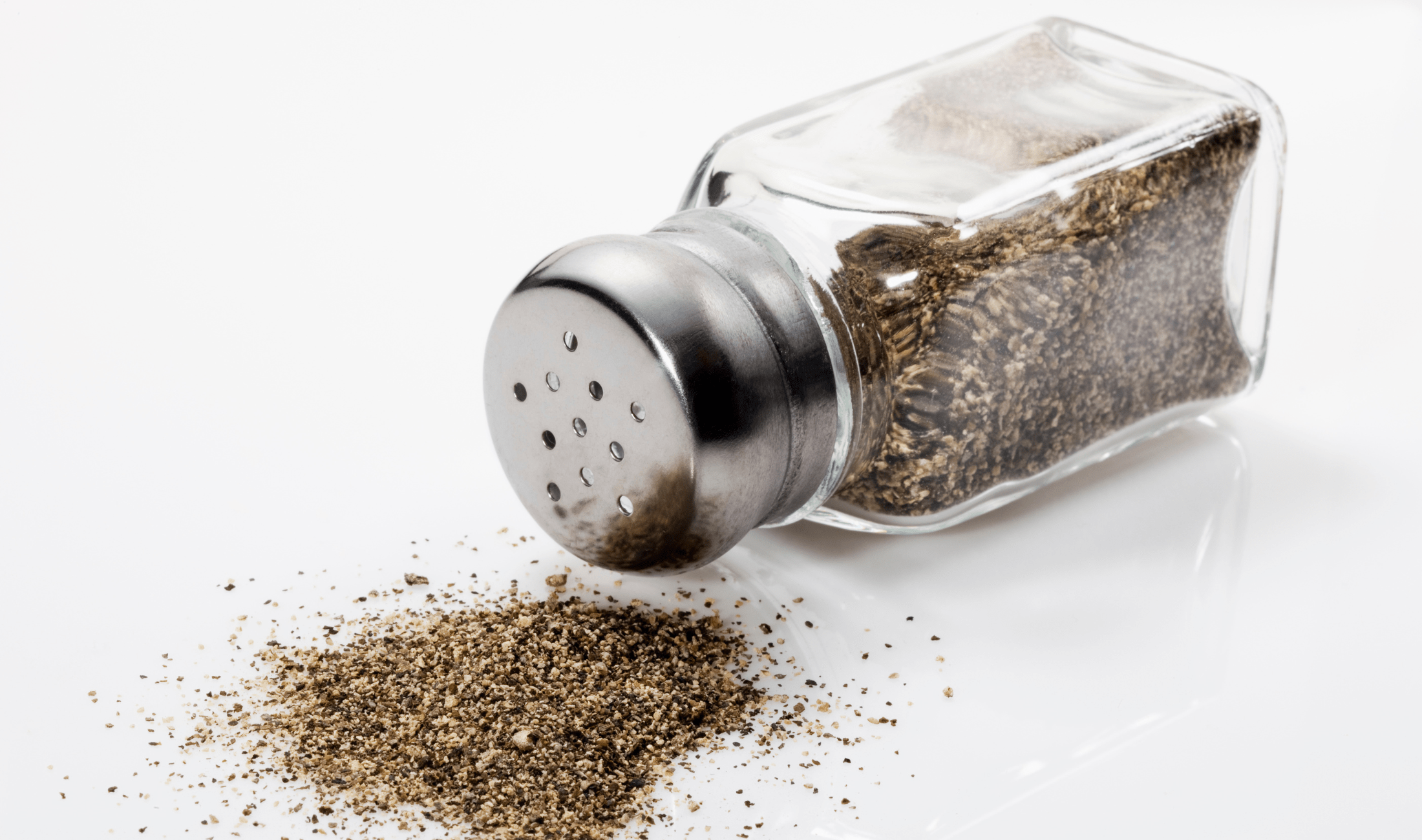
Keeping Squirrels and Rodents Out
Beyond bugs, black pepper may help deter squirrels and small rodents that dig into beds or steal produce. These animals have strong senses of smell and often avoid areas treated with sharp spices. Like with insects, sprinkle pepper powder around the edges of garden beds or on top of the soil near vulnerable plants. It’s not a guaranteed fix, but it can reduce activity, especially when used as part of a broader pest prevention strategy.
Safe for Plants, People, and Pets
Unlike many commercial pest repellents, black pepper is safe to use around children and pets when applied with care. It won’t contaminate edible plants or harm pollinators like bees. Just avoid using it excessively or in windy conditions where the powder might irritate eyes or noses. Its safety and availability make it a useful first step if you’re trying to avoid chemical sprays or more aggressive pest control options.
When It Works Best and When It Doesn’t
Black pepper is most useful for mild to moderate pest problems. If you’re dealing with a serious infestation, it may not be strong enough on its own. But for prevention and light control, especially in small home gardens, it’s worth trying. Like any method, it works best when used consistently and combined with good gardening habits, like proper watering, pruning, and keeping plant areas clean and healthy.
Related Articles
- How To Make Compost Tea, A Superfood For Your Garden
- 6 Ways Cinnamon Can Support Your Plants’ Growth to Enhance Your Garden
- Keep Ants Out of Your Garden for Good with This Simple Garlic Infusion
You don’t need much to start protecting your plants. Black pepper is low-cost, easy to find, and takes only a few minutes to apply. While it’s not a cure-all, it can play a helpful role in keeping your garden healthy and free from some of the most common garden pests.

